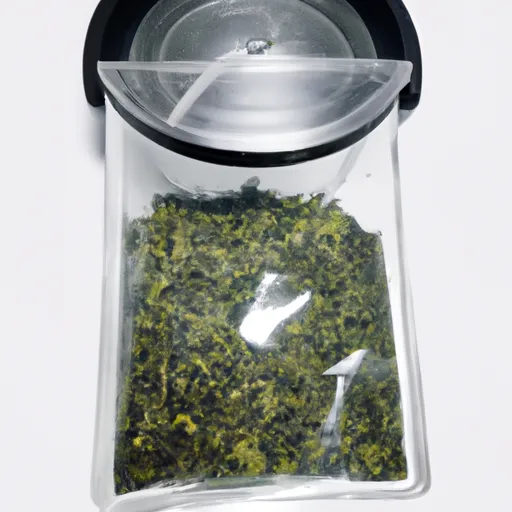How to Support Your Metabolism with Healthy Habits
Your metabolism plays a crucial role in how efficiently your body burns calories and processes nutrients. By adopting healthy habits, you can support your metabolism and improve your overall health. Here are some tips to help you get started:
Eat a Balanced Diet
One of the best ways to support your metabolism is by eating a balanced diet that includes a variety of nutrients. Protein, fiber, and healthy fats are essential for a healthy metabolism. Make sure to include plenty of fruits, vegetables, whole grains, and lean proteins in your meals.
Stay Hydrated
Read also: Improve Digestion: Healthy Gut Diet Guide
Drinking enough water is essential for a healthy metabolism. Dehydration can slow down your metabolism and make it harder for your body to burn calories efficiently. Aim to drink at least eight glasses of water a day to support your metabolism.
Exercise Regularly
Regular exercise is key to supporting your metabolism. Cardiovascular exercises like running, biking, and swimming can help boost your metabolism and burn calories. Strength training exercises, such as weightlifting, can also help increase muscle mass, which can further support your metabolism.
Get Plenty of Sleep
Read also: Optimal Exercise Routine: Achieve Maximum Results
Getting enough sleep is crucial for a healthy metabolism. Lack of sleep can disrupt your body’s hormonal balance, leading to a slower metabolism and weight gain. Aim to get at least seven to eight hours of sleep each night to support your metabolism.
Manage Stress
Chronic stress can have a negative impact on your metabolism. Practice stress-reducing techniques such as meditation, deep breathing, or yoga to help manage your stress levels and support your metabolism.
Limit Processed Foods and Sugary Drinks
Processed foods and sugary drinks can wreak havoc on your metabolism. These foods are often high in added sugars and unhealthy fats, which can slow down your metabolism and lead to weight gain. Opt for whole, unprocessed foods and water or herbal tea instead of sugary drinks to support your metabolism.
Supplement Wisely
Some supplements can help support your metabolism, such as vitamin D and omega-3 fatty acids. However, it’s essential to consult with a healthcare provider before taking any supplements to ensure they are safe and effective for you.
By adopting these healthy habits, you can support your metabolism and improve your overall health. Remember to eat a balanced diet, stay hydrated, exercise regularly, get plenty of sleep, manage stress, limit processed foods and sugary drinks, and supplement wisely to keep your metabolism running smoothly.
Questions and answers
What is metabolism and why is it important for overall health?
Metabolism refers to the chemical processes that occur within a living organism in order to maintain life. It is important for overall health because it is responsible for converting food into energy, which is essential for all bodily functions. A faster metabolism can help with weight management, energy levels, and overall vitality.
How can I boost my metabolism through healthy habits?
There are several healthy habits you can adopt to boost your metabolism. Eating a balanced diet rich in lean proteins, whole grains, and fruits and vegetables can help keep your metabolism running efficiently. Regular exercise, particularly strength training, can also increase muscle mass and boost metabolism. Additionally, staying hydrated, getting enough sleep, and managing stress levels can all contribute to a healthy metabolism.
Is it true that certain foods can boost metabolism?
Yes, there are certain foods that have been shown to boost metabolism. For example, spicy foods containing capsaicin, such as chili peppers, can temporarily increase metabolism. Green tea, caffeine, and foods high in protein can also have a slight impact on metabolism. However, it is important to focus on overall healthy eating habits rather than relying solely on specific “metabolism-boosting” foods.

